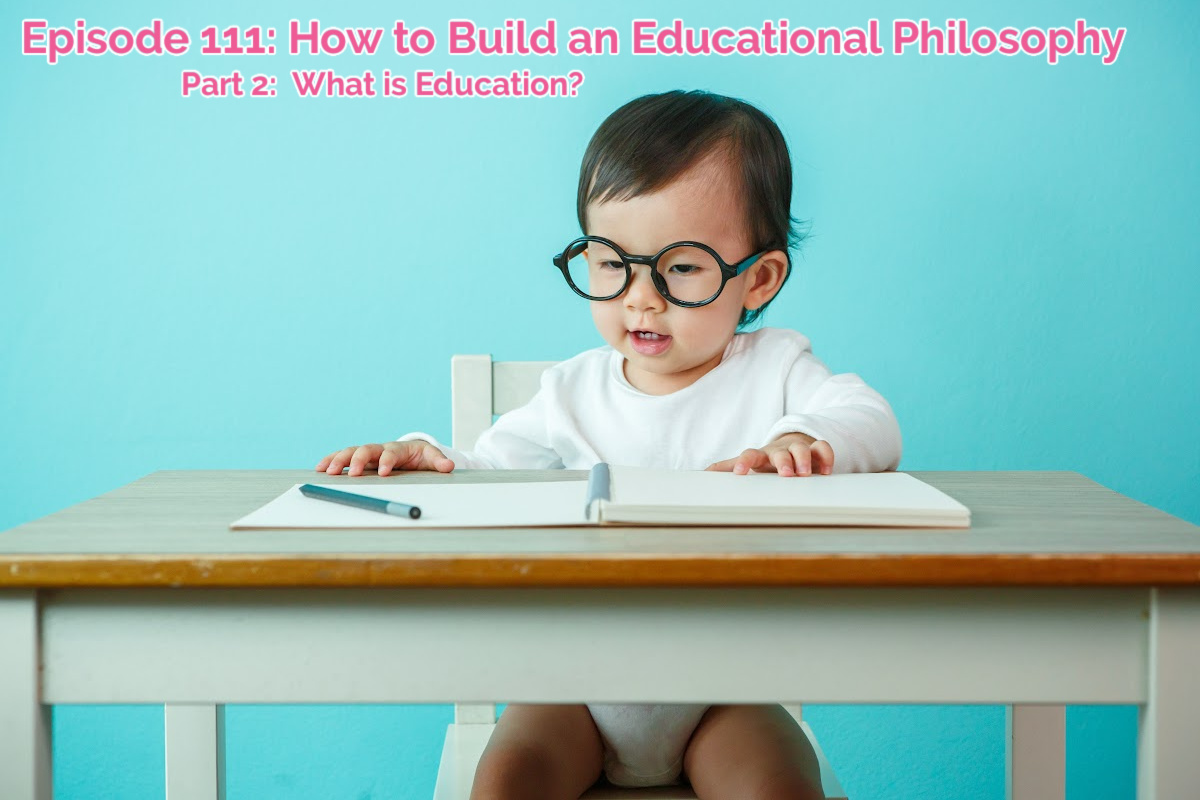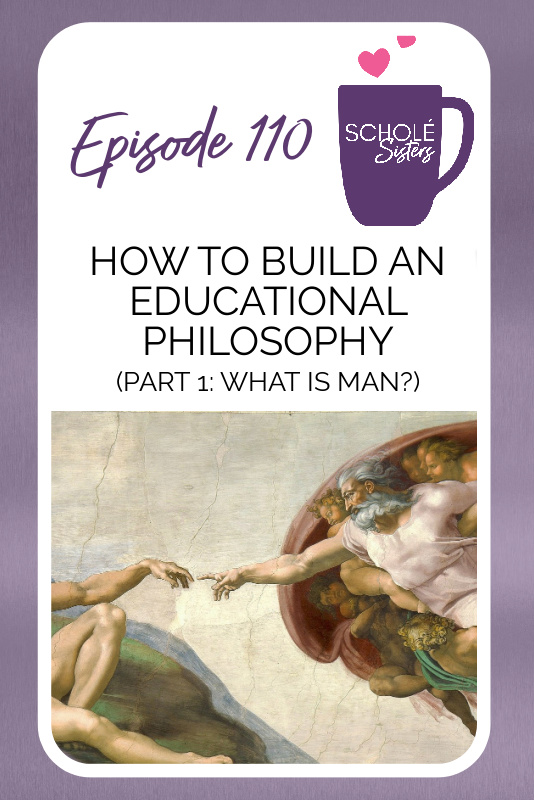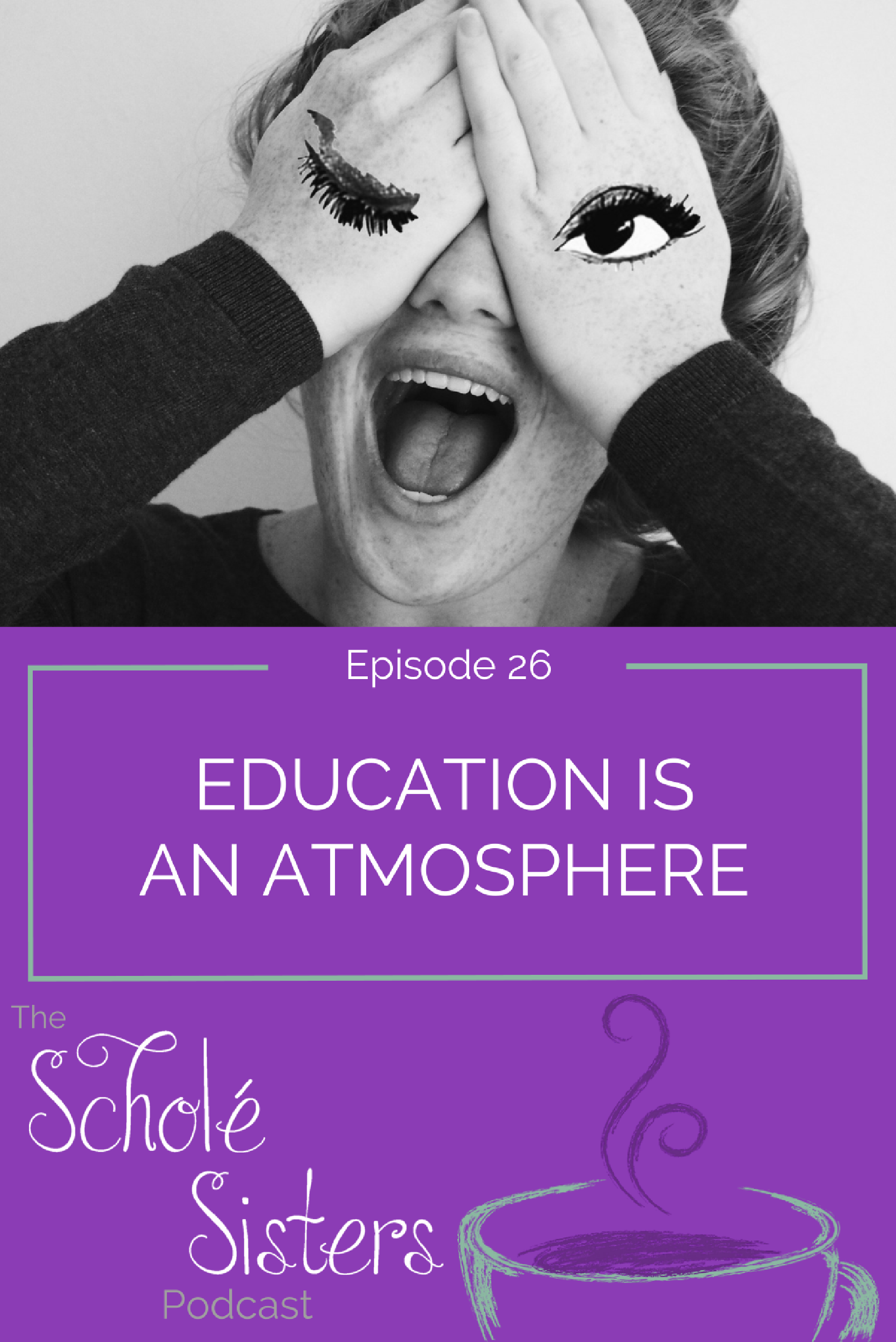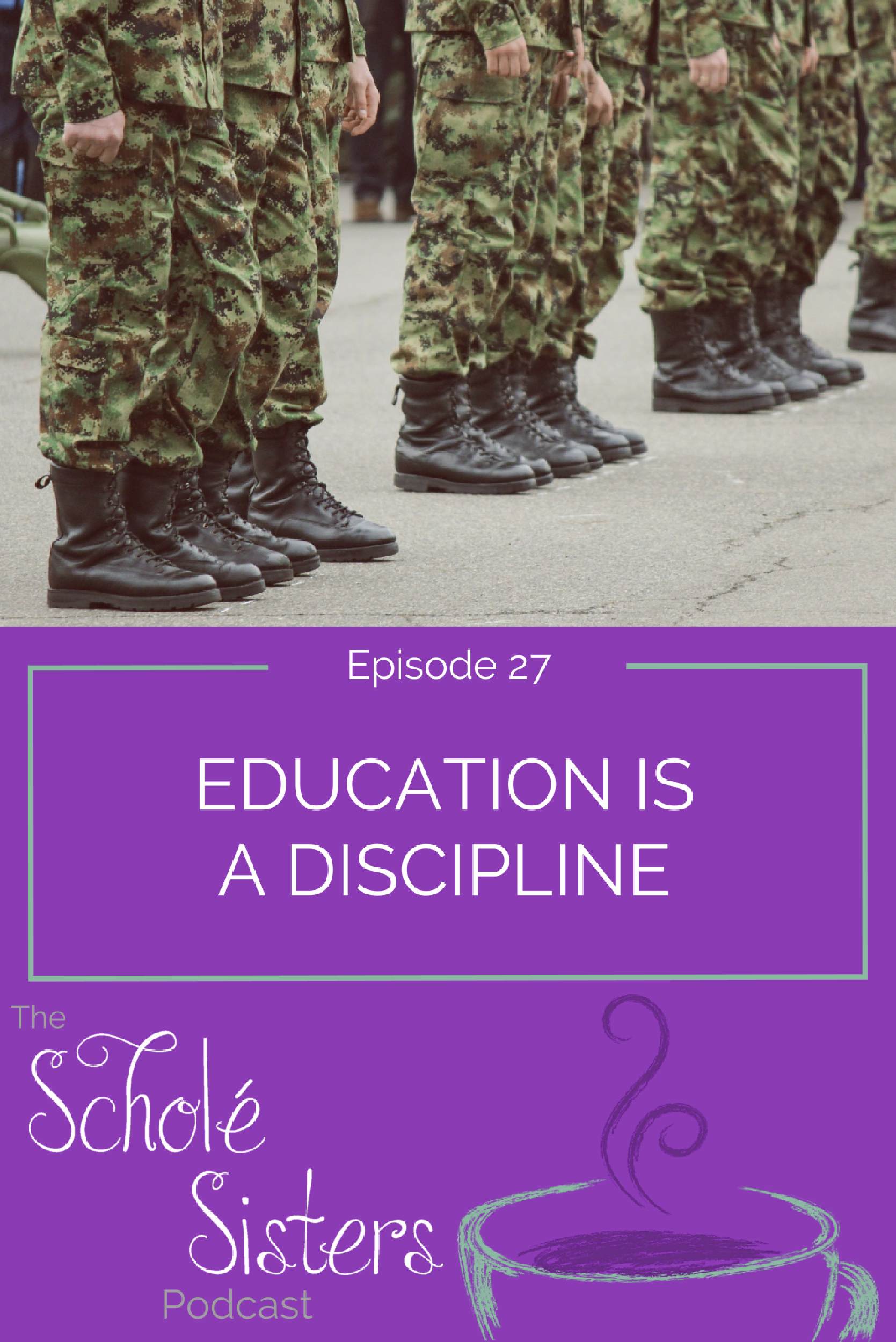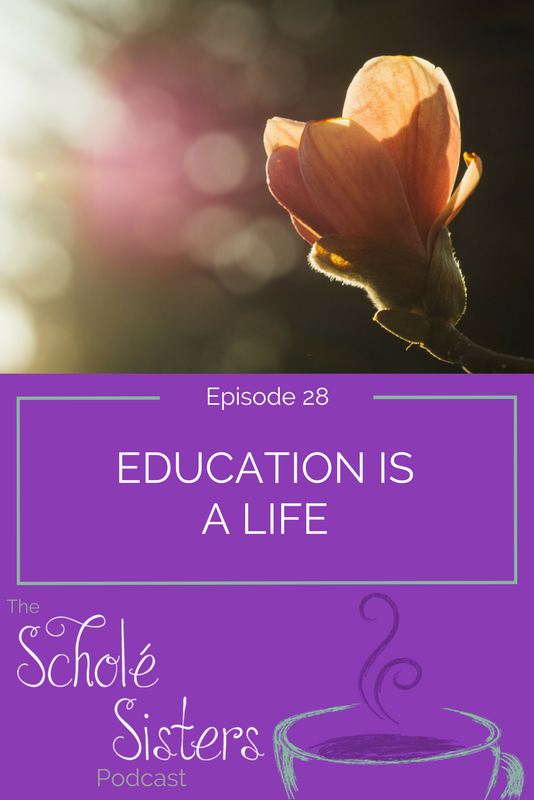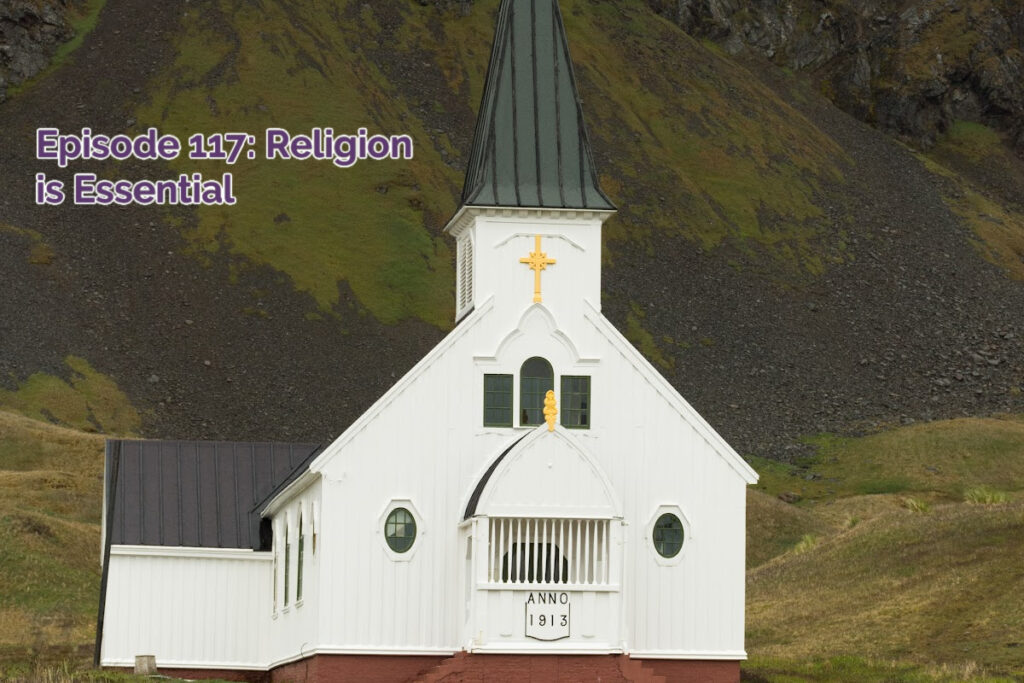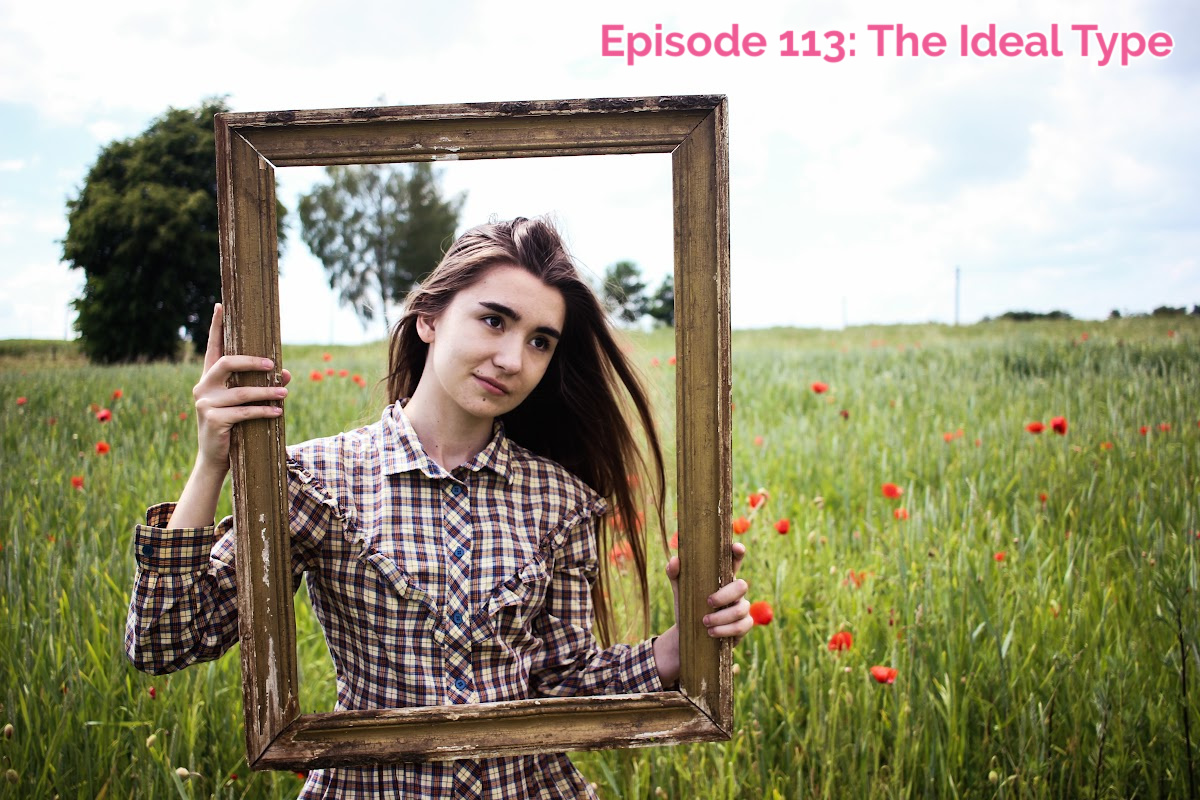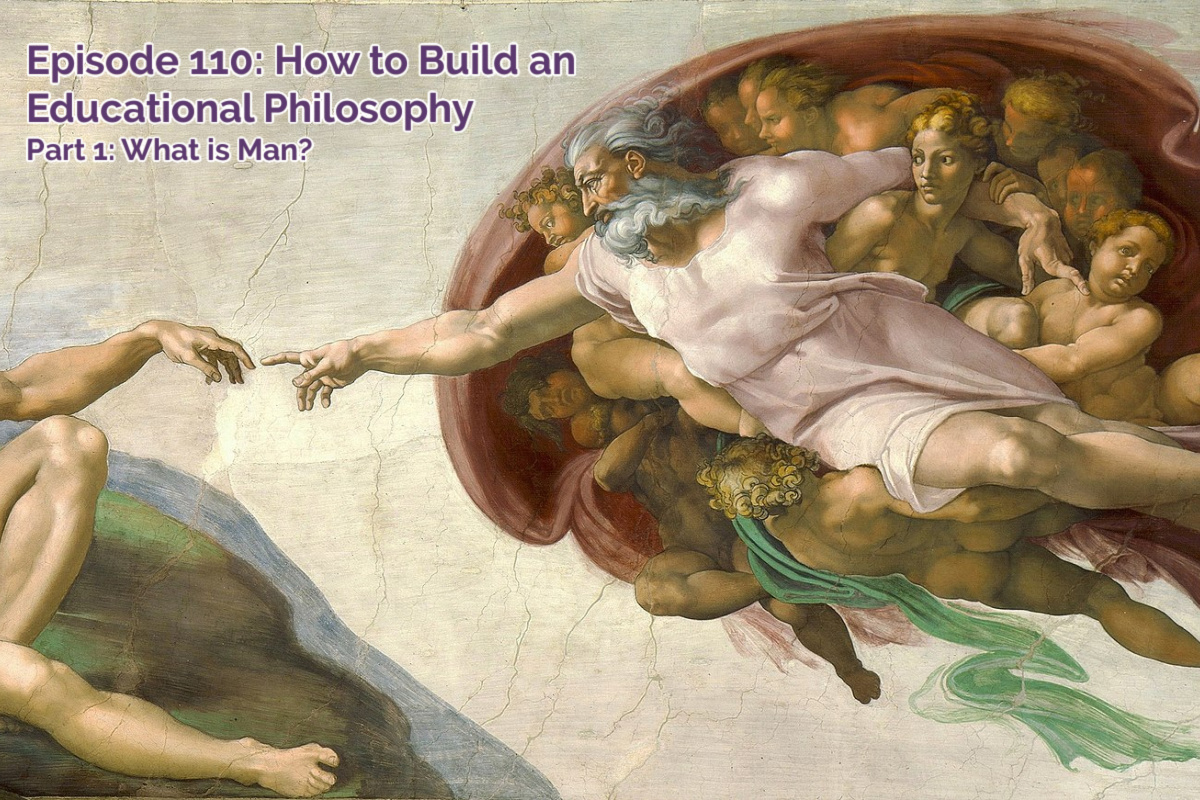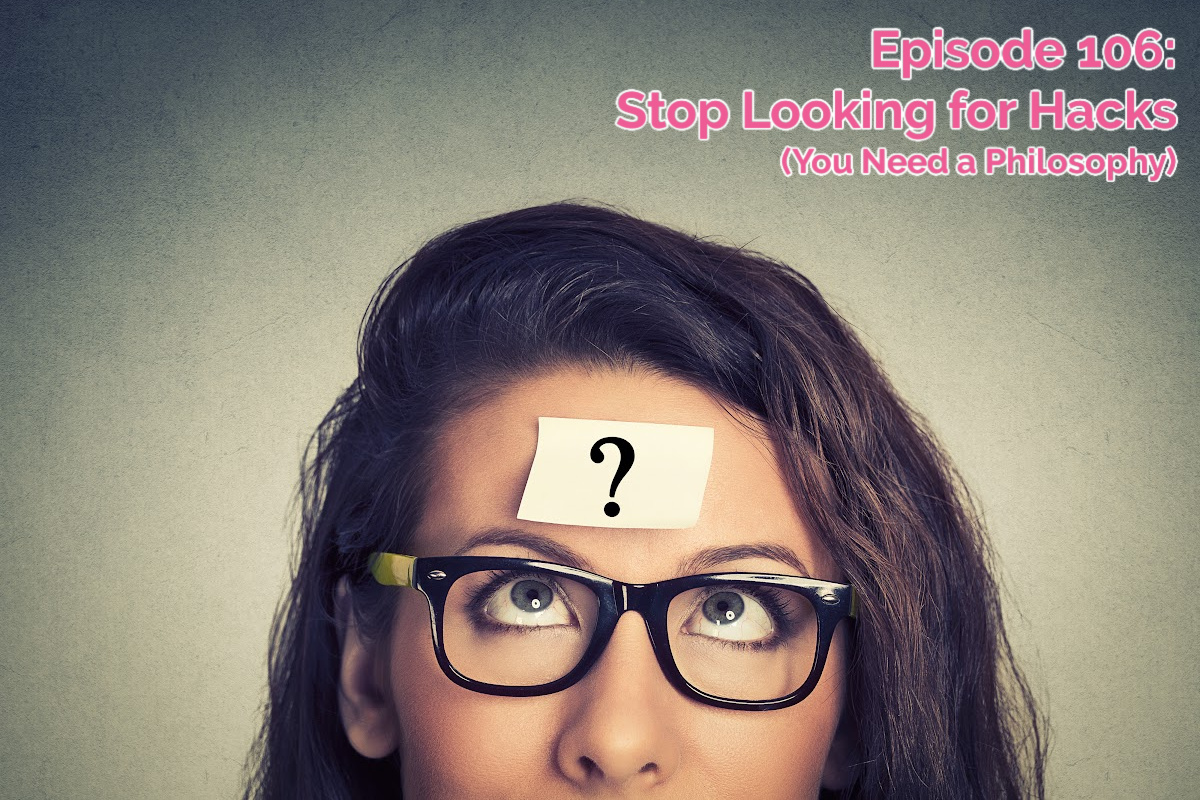SS #111 – What is education?
This is the second in our three-part series on building out your educational philosophy. Part 1 was episode 110 – “What is a human?”
As a follow-up to episode 106: Stop Looking for Hacks (You Need a Philosophy), this series aims to get the conversational ball rolling, not to give definitive answers.
In episode #106, Mystie and Brandy said that in order to build a rudimentary philosophy, a starter philosophy, a person needs to answer three main questions: what is a human, what is education, and what does a fully educated person look like? Today we are going to deal with the second question: what is education.
It can take a lifetime to answer these questions. There is no shame in starting small and having just a few simple answers and then adding as you read, think, and grow.
Today, we’re not going to give you the definitive answer to this question. Instead, all three of the sisters came with 2 answers to the question and so we’re going to go over these 6 points.
These are not the only points that could be made; they may not even be the BEST points that could be made. But this sort of discussion is part of the process of fleshing out your philosophy – we often start with what we know, and that may or may not be the best or most important thing.
The important thing is to start.
Listen to the podcast:
TUNE IN:
Apple Podcasts | Spotify | Stitcher
What is a person? What is a human?
Today’s Hosts and Source
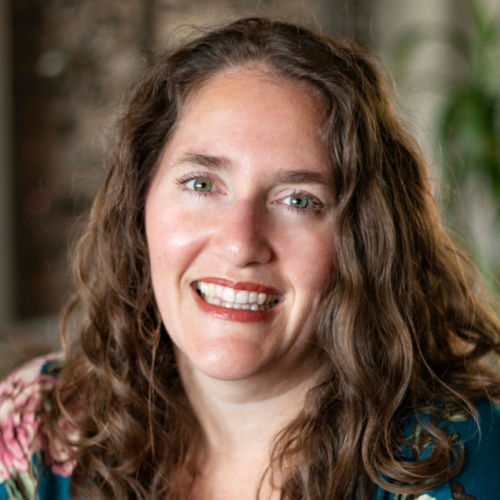
Brandy Vencel
brings to today’s philosophical conversation the work of Charlotte Mason.
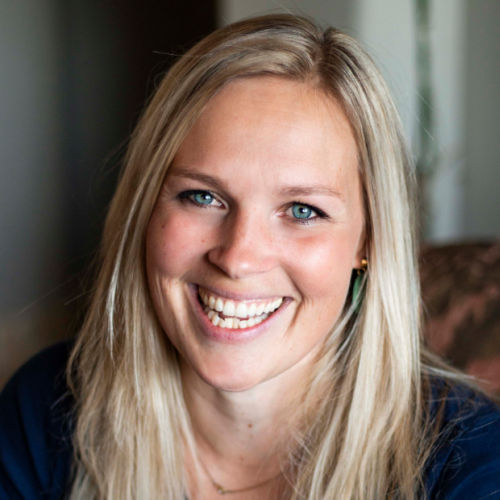
Abby Wahl
keeps us grounded in what Scripture says about education and parental responsibility thereunto.

Mystie Winckler
tries to tie in a variety of sources from Scripture to Hugh of St. Victor to Milton.
Scholé Every Day: What We’re Reading
Angels in the Architecture, Doug Wilson & Doug Jones
Mystie is reading this book with one of her local book groups. It aims to show how the enlightenment has muddied our imaginations and how part of reclaiming biblical truth is reclaiming a medieval imagination.
Not all scholé is reading
Abby’s current scholé is practicing her watercolors in preparation for teaching an art class at her co-op.
The Happy Dinner Table, Anna Migeon
Brandy brings this book back up for its practical wisdom.
Education is necessary.
We are not whole or complete and we are fallen. Therefore, humans require education. Education is the process of restoring what has been broken and lost in us. The goal of education is not just to teach facts, it is also to develop character.
The end of learning is to repair the ruin of our first parents by regaining to know GOD aright, and out of that knowledge to love Him, to imitate Him, to be like Him.
John Milton
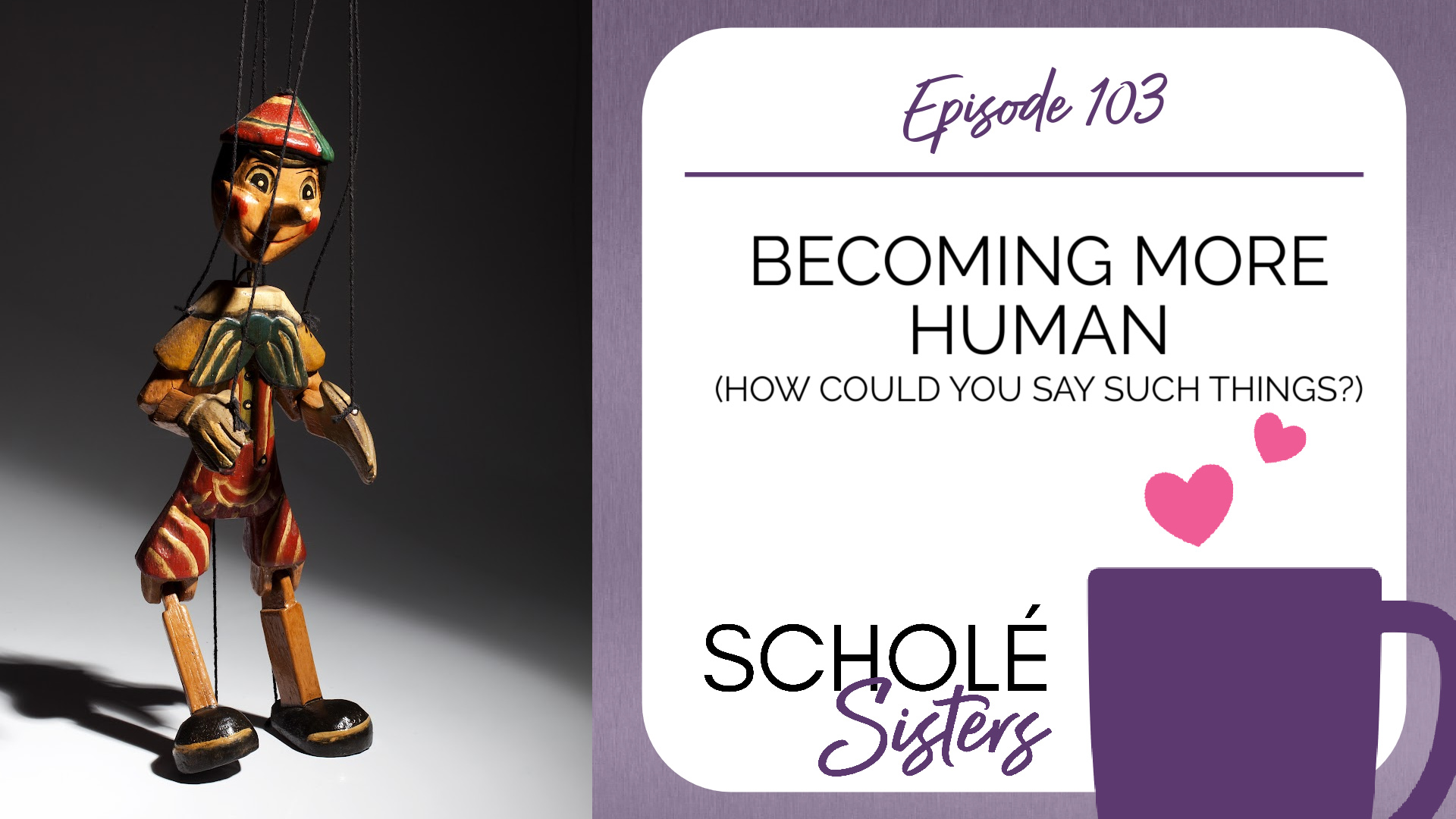
Education is the science of relations.
To know something is to have a relationship with it, not to merely possess it. Knowledge is interconnected, and education is the building of those connects within a person. The Bible clearly connects knowing and doing, knowledge without action on it is worse than useless.
Education is the process of inculcating ordo amoris, rightly ordered loves. God has all knowledge and is love, so growing in knowing and loving rightly is imitating God. And to be more like God is to be more human.
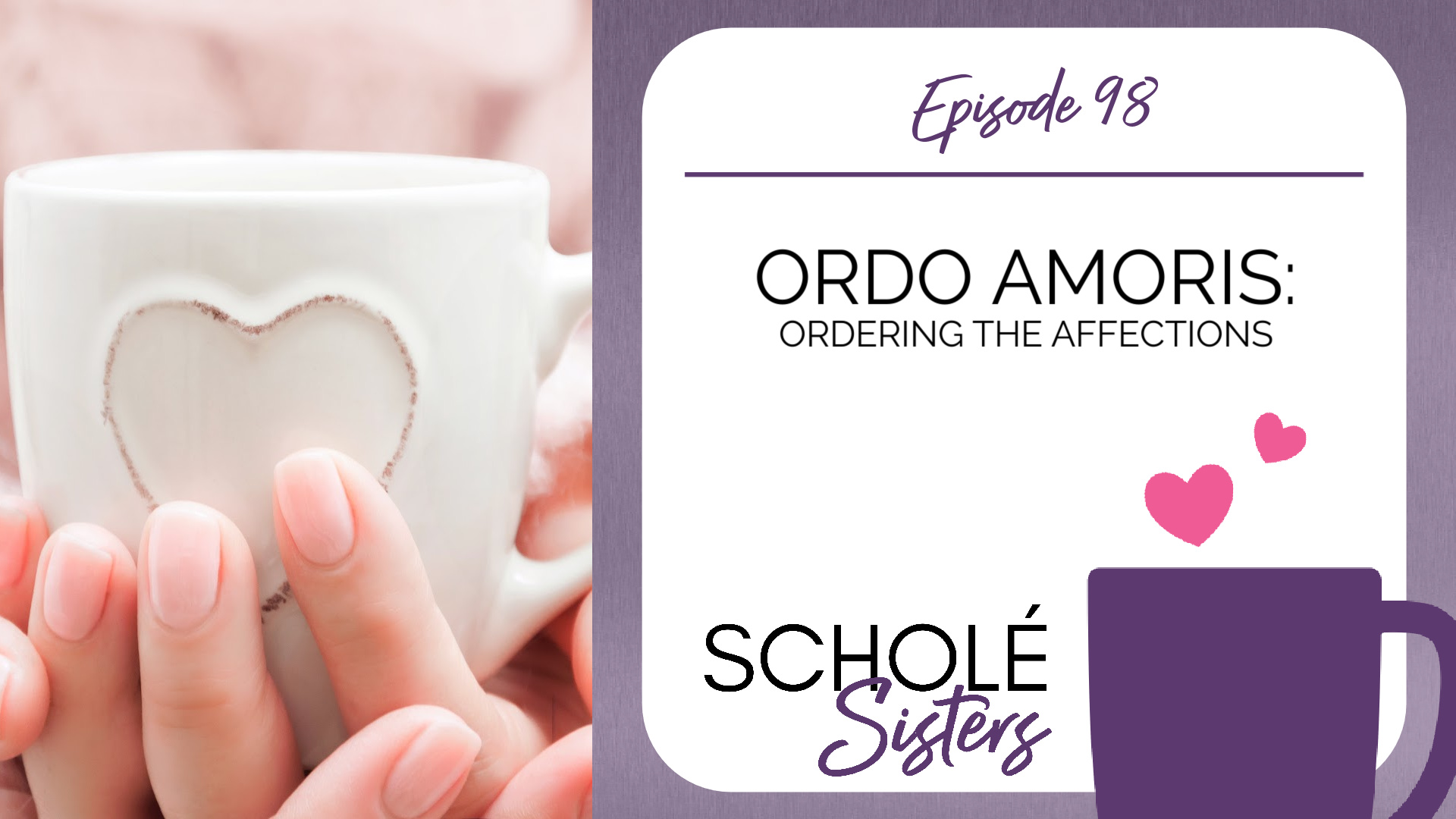
Education is the parent’s responsibility
Parents are charged by God with the obligation to educate their children and bring them up in the nurture and admonition (paideia, or enculturation) of the Lord. Parents are the ones who should lead their children in rightly ordering their loves, and they do that by teaching them to love God first.
Hear, O Israel: The Lord our God, the Lord is one. You shall love the Lord your God with all your heart and with all your soul and with all your might. And these words that I command you today shall be on your heart. You shall teach them diligently to your children, and shall talk of them when you sit in your house, and when you walk by the way, and when you lie down, and when you rise. You shall bind them as a sign on your hand, and they shall be as frontlets between your eyes. You shall write them on the doorposts of your house and on your gates.
Deuteronomy 6:4-9
Education is an atmosphere, a discipline, and a life.
Education as atmosphere entails paideia, all of life. The cultural air we breathe is a part of our education. What is normal in our households is a part of education. Of course, some parts of the atmosphere are out of our control, so part of a parent’s responsibility to to coach their children in how to deal with those things.
Education as a discipline means that it involves hard work, habit training, and self-control. Intentionally forming habits and teaching that skill is education.
Education is a life means that there is no part of ourselves or of our day that is not a part of education. Education is breath and food and exercise for our hearts and minds. It is as necessary for healthy humans as basic care is for the body.
Learning to love is like learning anything else: a great deal of it is a matter of fumbling though the steps until they become automatic and habitual.
Thomas Howard, Hallowed Be This House
Education is integrated.
Education prepares each person to be fit for his duties, for service. Education is not intellectual, in includes the body, soul, and mind. The goal is a wholistic education that doesn’t ignore any of the aspects of man.
There shouldn’t be a rigid separation between sacred and secular, math or art can be studied to the glory of God as well as theology. Because God created all things, learning about any of the aspects of creation is learning more about God. God is relevant to all of education, and he is the integration point that makes it all fit together.
Education is growing in wisdom.
Education is the pursuit of wisdom, which Proverbs says should be our utmost aim. The process of learning brings wisdom as well as the knowledge gained. Education is a sanctifying work, for the student and the teacher.
Because Christ is wisdom, education is vital to knowing Christ better and better, more and more. Thus, education must be gospel-centered, Christ-centered, and not child-centered or project-centered.
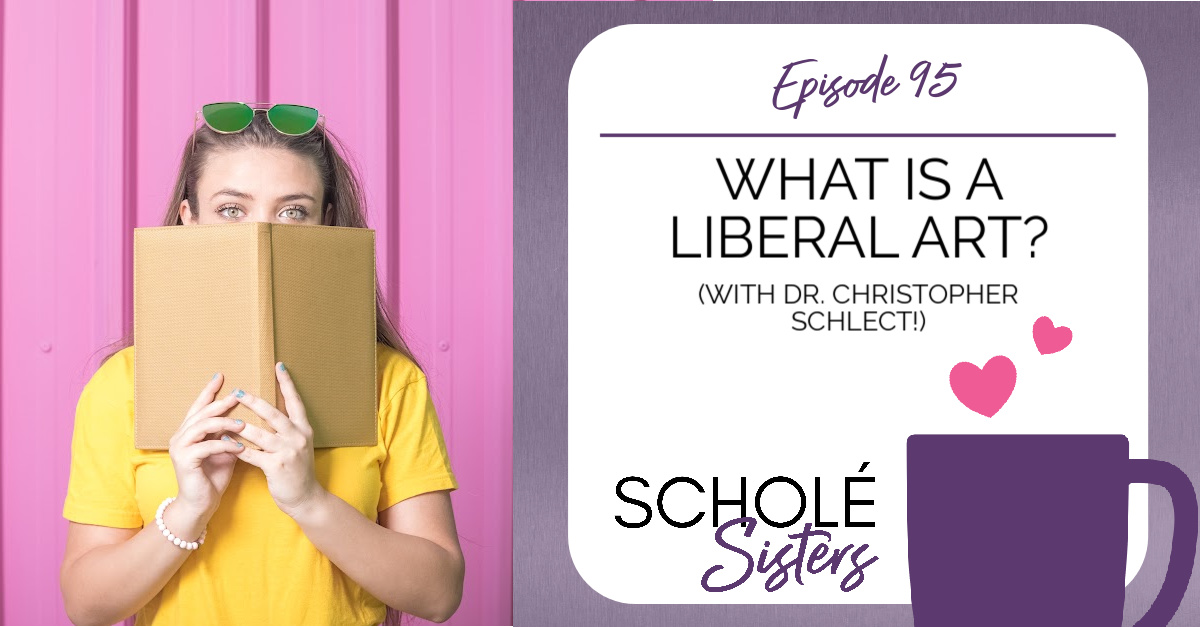
Mentioned in the Episode
Listen to related episodes:
SS #117 – Education is always religious
SS #113 – The Ideal Type
SS #110 – What is a human?
SS #106 – Stop Looking for Hacks (Get an Educational Philosophy)


